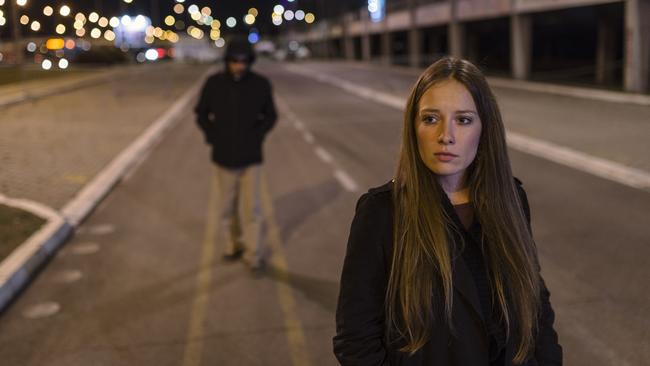Mental Health Tribunal review results in massive changes that support victims of crime
VICTIMS will finally have more say in the decisions of the secretive Mental Health Tribunal, which can protect the identities of killers and release them into the community — one aspect of massive changes resulting from a review after a campaign by The Daily Telegraph.
NSW
Don't miss out on the headlines from NSW. Followed categories will be added to My News.
VICTIMS will have much greater say in the decisions of the secretive Mental Health Tribunal, which has powers to protect the identities of killers and release them back into the community instead of jail.
The verdict of “not guilty by reason of mental illness” will also be changed to ensure it’s put in writing that an offence has actually been “proven” but the forensic patient is “not criminally responsible by reason of cognitive or mental health impairment”.
And there will be more scrutiny of the “leave and release” programs that can allow some of the state’s 566 forensic patients into the community.
The Daily Telegraph can reveal a review of the tribunal by Supreme Court Justice Anthony Whealy means that victim’s will now be able to make impact statements like in “normal criminal proceedings”.
They can make “broad submissions on Tribunal decisions” too. Minister for Mental Health Tanya Davies said the massive reforms would offer a more “empathetic and compassionate” system for victims.

The review was instigated after The Daily Telegraph campaigned for transparency from the tribunal through a series of stories which revealed that forensic patients were being secretly released back into the community even when they were rated at “high-risk” of reoffending.
In one case, a man who raped his neighbour in front of her five-year-old daughter was released just months after he had already breached his release conditions.
The Whealy report found that homicide was “the most common offence” among the 566 patients.
One-third of patients had committed their acts “in a public place” too. Currently at least 150 are living “in the community on conditional release”.

Yet victims told the review they felt “redundant” in the process and were left feeling “bewilderment, disbelief, and eventual anger”.
And Justice Whealy said “the process of applying the leave and release test” was “weight too heavily towards the interests of patients”.
In its recent annual report the president of the tribunal, Judge Richard Cogswell, welcomed the review as part of a “robust democracy with a free press”.
He went on to say the tribunal should not be “above criticism or suggestions for improvement”.
Minister Davies said the changes would “acknowledge victims’ trauma” while also maintaining fair treatment of people with cognitive and mental health impairments.
EIGHT MINUTES COLD CASE MURDER INVESTIGATION — Chapter 1
EIGHT MINUTES COLD CASE MURDER INVESTIGATION — Chapter 2
EIGHT MINUTES COLD CASE MURDER INVESTIGATION — Chapter 3

